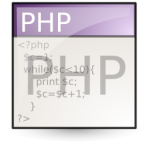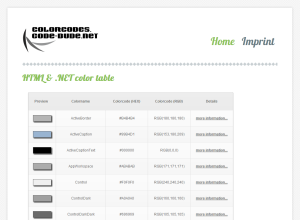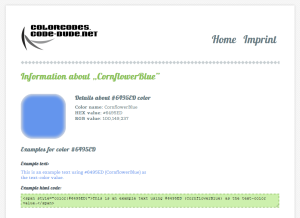The best free .NET decompilers – the .NET Reflector alternatives
 Today I want to briefly highlight a few alternatives to Redgates .NET Reflector. Former I frequently used this tool, but since it costs money and there are good and useful free alternatives, this is no longer between my fingers.
Today I want to briefly highlight a few alternatives to Redgates .NET Reflector. Former I frequently used this tool, but since it costs money and there are good and useful free alternatives, this is no longer between my fingers.
The following parenthesis is for those who don’t know what’s meant by the term .NET Reflector/decompiler. All the other can read on below the following paragraphs.
What is a (. NET) decompiler?
.NET Reflector was the first CLI assembly browser. It can be used to inspect, navigate, search, analyze, and browse the contents of a CLI component such as an assembly and translates the binary information to a human-readable form. By default Reflector allows decompilation of CLI assemblies into C#, Visual Basic .NET, Common Intermediate Language and F# (alpha version). Reflector also includes a “Call Tree” that can be used to drill down into […]

 I admit, the title of this article is somewhat misleading. The PHP function file_get_contents(), which can be used to read files from the internet into a string, just does not work with allow_url_fopen disabled. On that not even this article will change anything.
I admit, the title of this article is somewhat misleading. The PHP function file_get_contents(), which can be used to read files from the internet into a string, just does not work with allow_url_fopen disabled. On that not even this article will change anything. Today I would like to point you to a small project of mine, which I have released a few minutes ago. Concrete it’s “colorcodes.code-bude.net“, a small website which presents you a list of all the colors that are in the Color-struct of the .NET framework.
Today I would like to point you to a small project of mine, which I have released a few minutes ago. Concrete it’s “colorcodes.code-bude.net“, a small website which presents you a list of all the colors that are in the Color-struct of the .NET framework. The whole thing is more practice and research project, than a serious webpage. For one, I wanted to do some little finger exercise – so all pages have been automatically generated with a C# […]
The whole thing is more practice and research project, than a serious webpage. For one, I wanted to do some little finger exercise – so all pages have been automatically generated with a C# […]